Is the house still cold even with the heating on? Maybe it's because you're making one of these 7 mistakes
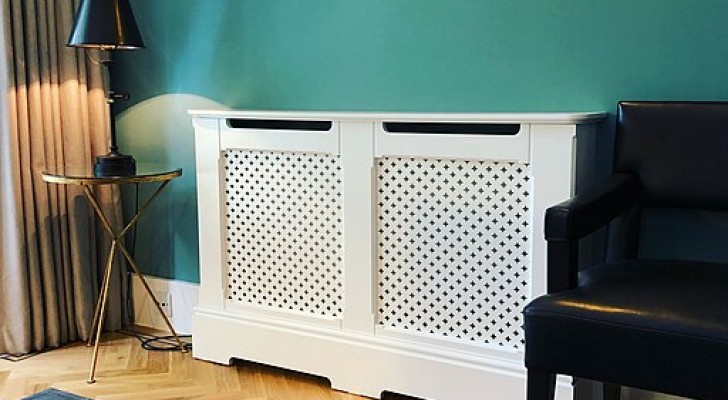
With the arrival of winter, most of us turn on the heating systems to keep our homes warm. However, it may happen that even though the radiators are turned on, the home remains cold.
So, what are the reasons a home will not heat up? The cause could be an inefficient heating system, in turn caused by poor management and/or maintenance of the system itself. The good news is that you can easily address these issues, allowing you get warm, stay warm and save on energy bills.
Listed below are 7 common mistakes homeowners make (and which you should avoid):
1. Forgetting to book/do an annual checkup
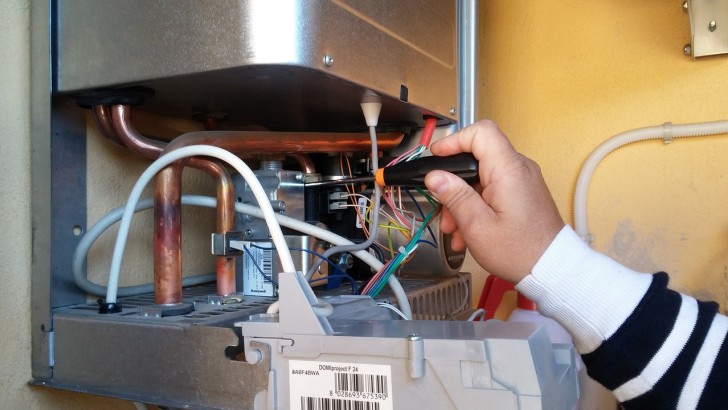
Don't wait for a malfunction before you call out a technician: for your heating system to remain efficient, it is of fundamental importance to have it checked annualy. This will ensure that the chances of a fault developing will very low. It should also be remembered that other elements of heating system need cleaning - clearing away silt and other grime from inside the radiators is a chore that should be carried out annualy too.
2. Curtains kept drawn
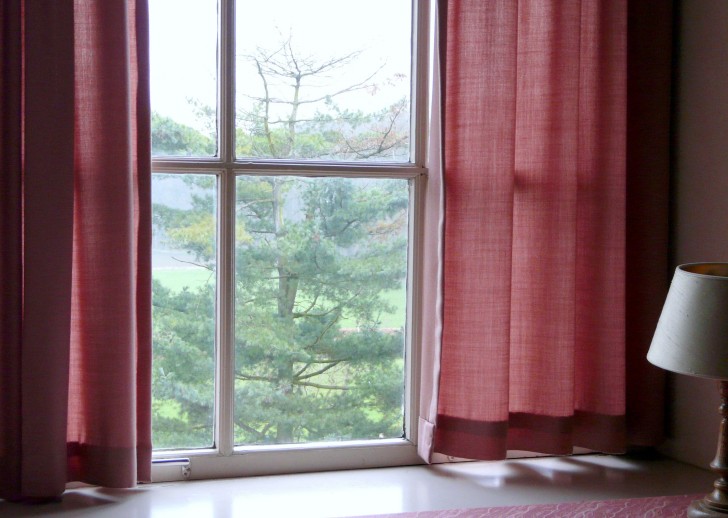
Keeping the curtains drawn on sunny winter days is another common mistake that is made. While the sun's rays may not be strong in winter, they can and will heat up the home. The rooms with south-facing windows will obviously benefit the most, but the curtains in the other rooms should be opened to help maintain a higher temperature in the home.
3. Not using a programmable thermostat

A programmable thermostat is very convenient and helps to keep energy bills lower. There are different types of programmable thermostats on the market, and you can choose one (or more) based on your needs and lifestyle. A basic timer thermostat simply programs the boiler to turn on/off at during certain slots over a 24-hour period. Others provide for this programming for each day of the week. These days, there are also thermostats that can be adjusted remotely via a smartphone, allowing for more precise use and reduced power consumption.
4. Turning off radiators in unused rooms

Turning radiators off completely in lesser-used rooms is not a good idea, since your heating system will have to work harder to distribute heat evenly throughout your home. Furthermore, the cold in the unused room/s can spread to the rest of the house, effectively "cancelling out" the work done by the heating system. In unused rooms, keep the radiators on - at a low heat setting is fine for this purpose.
5. Allowing the house to get too cold at night
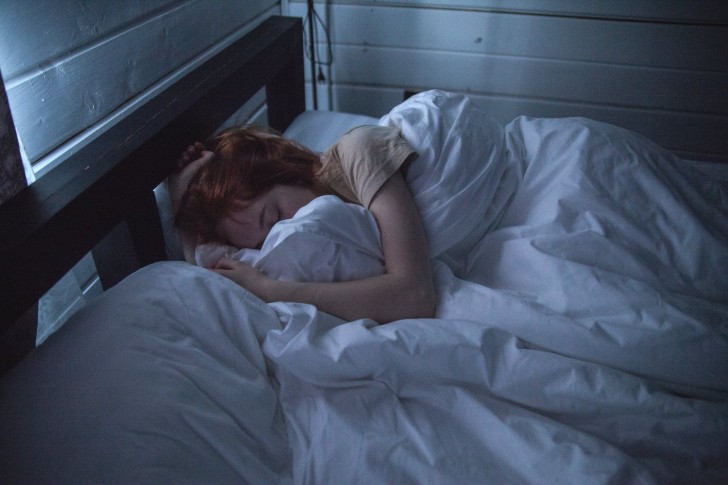
If you let your home cool down too much overnight, this will place a greater workload on your boiler the following morning. Leave a temperature difference of no more than 2 degrees C between the day and night temperature settings and set the boiler to turn on 30 minutes before you wake up.
6. No thermal insulation
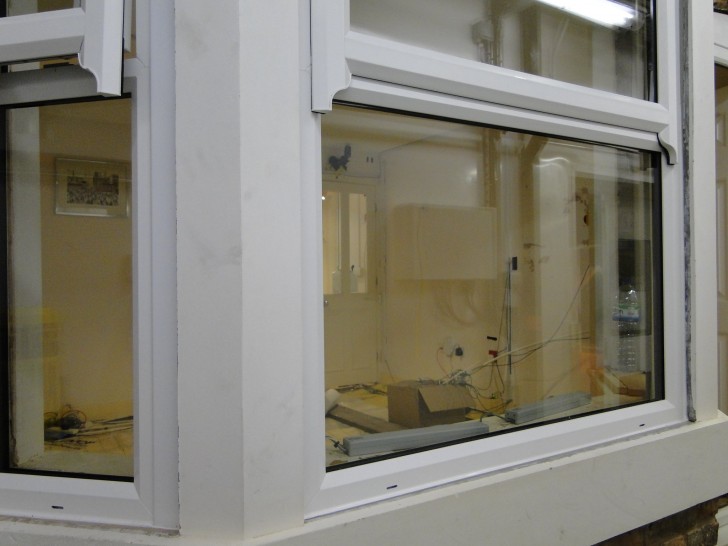
The cost of insulating your home may not initially seem affordable, but the savings you will make on your bills will more than offset your start-up investment. Hot air tends to escape through the roof, the perimeter walls and the floors - not to speak of doors and windows that are not properly insulated.
A cheap way to insulate doors and windows is to install good seals around the windows and put down draft excluders for the doors.
7. Covering up radiators
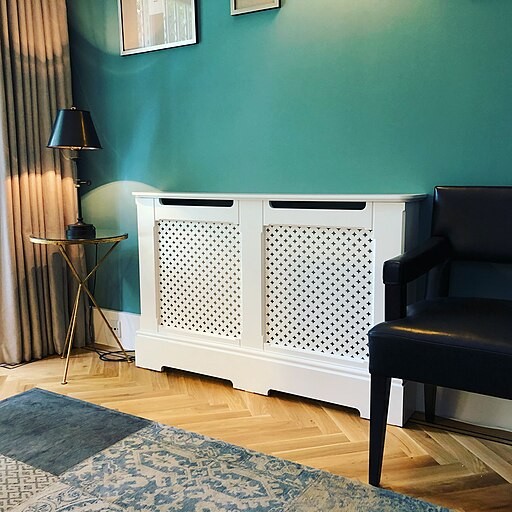
Radiators are not nice to look at, but covering them with the wrong type of cover or "shielding" them with furniture is never a good idea. By doing so, you inhibit the free flow of air, forcing the boiler to work harder. Make sure that all radiators have enough space in order to send out their heat evenly and continuously.
Do you make any of these 7 common mistakes?